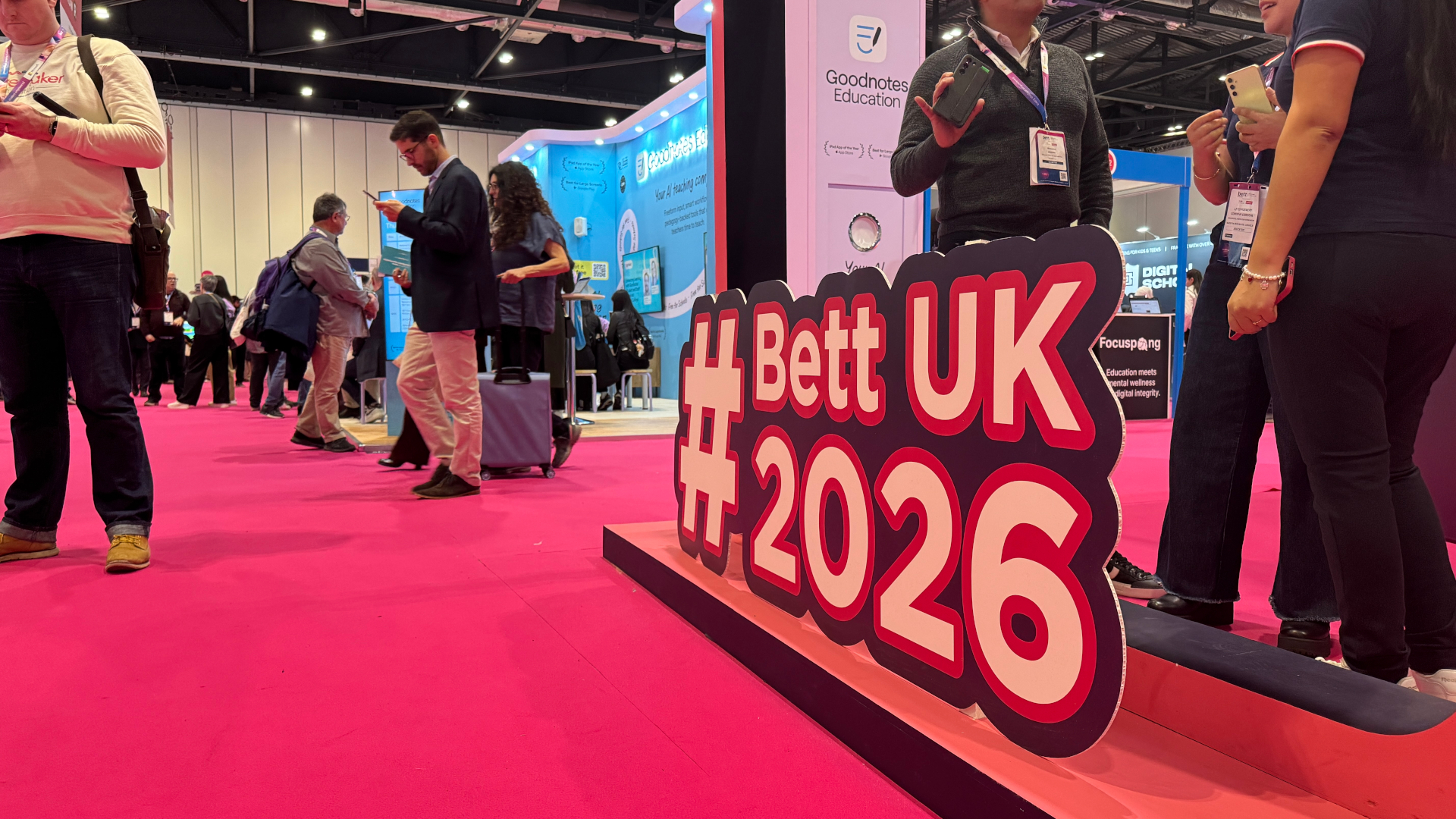Putting the MEN in Mentoring: Practical Ways Men Can Be Better Allies
How men can improve their mentoring and allyship efforts

Two years ago at a Missouri edtech conference, I facilitated a panel discussion on Women in EdTech Leadership with Chief Technology Officers (CTO) from across the state.
Our panel was composed of four women and one man. The female panelists shared their experiences and perspectives to encourage and empower the women attendees. Our male panelist had a compelling, research-based case for the male attendees, explaining the importance of men serving as mentors and challenging them to step up as allies for women in edtech. Three of the four women on the panel attributed much of their success to having a male mentor who coached, supported, and championed them in their careers.
I learned two critical lessons about men and mentoring that day.
Lesson One: Women need men to step up as mentors
Finding a female role model in senior leadership is a struggle for women in technology or any male-dominated field. In education, women comprise the majority of the workforce, yet men disproportionately hold the top jobs. In edtech, CoSN shows a 9% increase of female CTOs over the past two years, but at only 34%, women are still outnumbered two-to-one for edtech leadership positions, according to The State of EdTech Leadership in 2022. The challenges for women of color are even greater.
It can be difficult for women to find a female mentor, however, women in male-dominated fields may benefit more from being mentored by a man. In her research spanning more than two decades, Dr. Belle Ragins has found women mentored by men receive more promotions, have higher incomes, enjoy more positive relationships with co-workers, report higher job satisfaction, and stay with their organization longer.
That brings me to the second lesson. Remember our male panelist who spoke about the importance of men being mentors and allies for women in edtech? He delivered that insightful, inspiring message to the ONE man who attended the session.
Lesson Two: Women need men to show up
With such a great need for men to mentor women, why do men seem uninterested? Leading a conference session meant to encourage men to support their female colleagues was very discouraging considering only one man cared enough to show up to hear the message.
Tools and ideas to transform education. Sign up below.
I want to think it’s because men aren’t aware of the need or don’t realize the benefits. After all, when we know better, we do better. Men, if you’re reading this, you know by now that your mentorship is needed, but what will get you to show up?
When men mentor women, it can greatly benefit men. Building a positive relationship with a female mentee can improve interpersonal skills and broaden perspectives. Mentors who successfully develop both male and female talent prove themselves as highly effective and well-respected leaders while also boosting their own career advancement.
By mentoring and supporting female colleagues, male CTOs can take their first step in becoming an ally. An ally promotes equity for a marginalized group, and male allies work for gender equality by supporting women, advocating for them, and eliminating barriers to their success.
Evolving as an Ally
Change Catalyst describes the “Stages of Allyship,” which offers a model to evaluate our own allyship and see practical ways we can improve.
If you’re still reading this article, you have already graduated from a Denier to an Observer: you’re starting to understand why your allyship matters, but you might be nervous or unsure of what to do with this new knowledge. You might be uncomfortable with the idea of mentoring a woman. Maybe you’re wondering if you would have anything in common with a female colleague, or if women have different needs from a mentor that you are unsure you can provide. Being unsure in this stage is perfectly fine, as long as you don’t stop there.
Your uncertainty as an Observer has you asking questions, so it makes sense that the next stage is becoming a Learner, who will expand their network and seek different perspectives. Maybe you want to read more about mentoring before you are ready to put yourself out there.
Male CTOs can start with small steps. For example, have regular check-ins with female staff members, discuss goals, and ask about other support you can offer that you may not have considered.
The next stage is being an Ally: taking action to reduce the harm caused by bias, whether unconscious or intended.
Being an ally does not mean you suddenly know how to solve the problem of inequality or that you have all the answers. Many times it simply means being brave enough to ask questions. For example, you might be forming a committee to interview a new engineer for your technology department and realize your interview team is all male. Stop and ask how you can make your hiring process more inclusive. Diversifying your interview committee brings different perspectives of each candidate, and shows candidates that your organization values equitable practices.
Allies question practices that may unintentionally hinder or hurt certain groups. Perhaps you are a male CTO who has mentored numerous male colleagues through the years but has never mentored a female on your staff. How equitable are your mentoring habits? Ask yourself why you haven’t mentored a woman before, and be honest with yourself while reflecting on your practices. Then, when you know better, do better.
Ivy Nelson is a CoSN Certified Education Technology Leader (CETL) and serves on the CoSN Diversity, Equity, and Inclusion Committee, for which she advocates for improving collaboration, support, and belonging in the edtech profession. Ivy is the Instructional Technology Manager for the Belton School District in Missouri, and is passionate about using technology to inspire and enrich learning for all.
